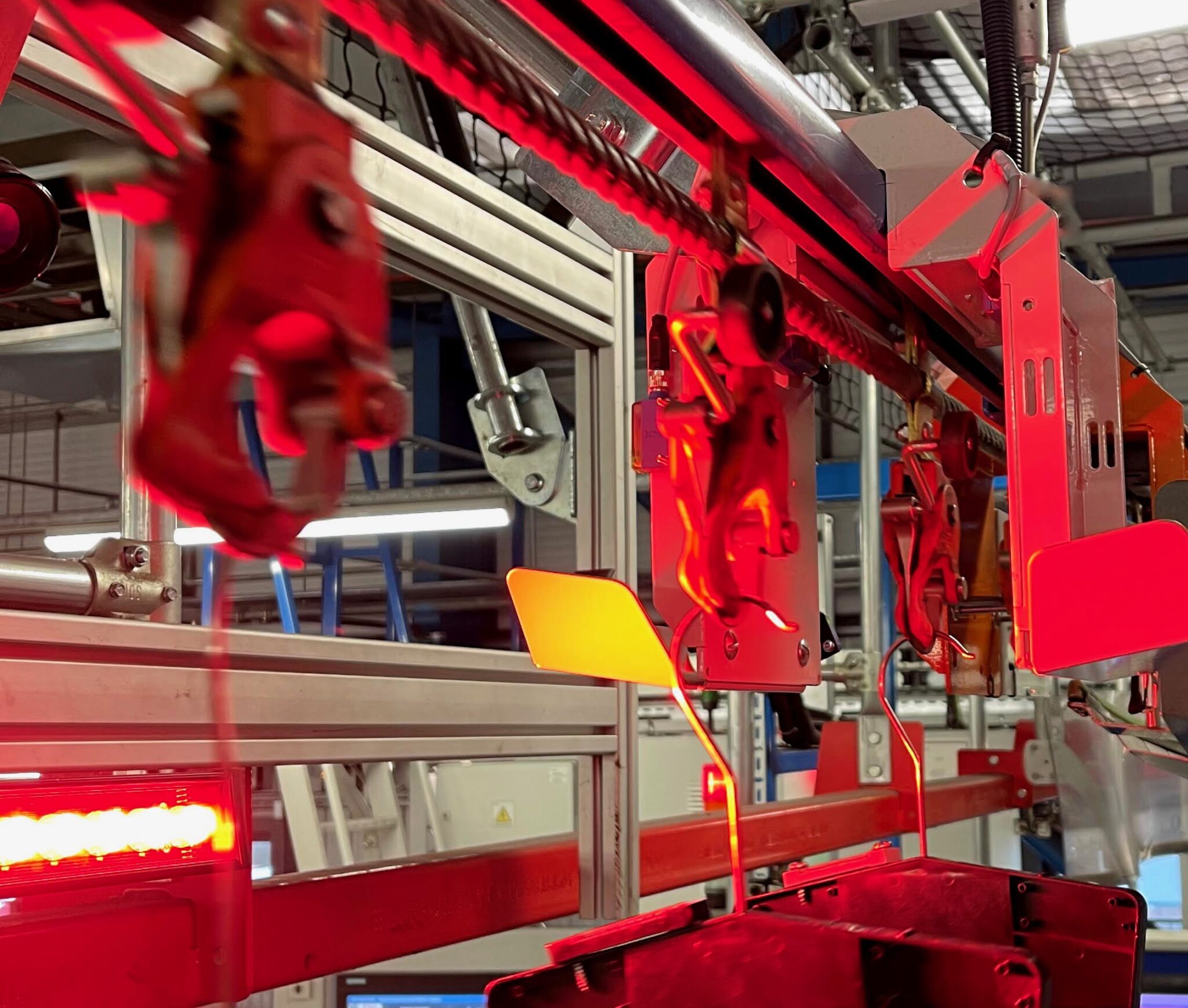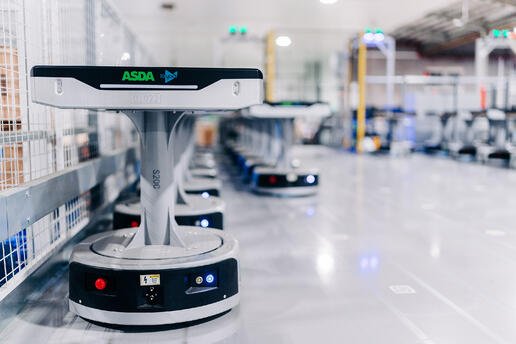Cleveron, one of the world’s leading parcel delivery robotics companies, has unveiled its new unmanned semi-autonomous last mile delivery vehicle, the Cleveron 701.
Designed for retailers and logistics companies looking to boost last mile delivery solutions and efficiencies, Cleveron 701 enables businesses to meet the growing demand for same-day delivery driven by the recent acceleration of e-commerce and rapidly changing retail landscape.
As the first company in Europe granted a pilot license to operate unmanned semi-autonomous vehicles in public streets across the country, Cleveron has piloted Cleveron 701 for the last six months in Estonia. The Company is scheduled to begin mass production in 2023.
The Cleveron 701 can drive in low traffic areas, like suburbs to deliver within 15–30 min driving range of a retailer, fulfilment centre or a dark store. Supervised remotely, it can deliver goods from a warehouse or store to nearby customers within an hour, enabling fast and convenient receipt of packages in a competitive timeframe compared to a trip to the store for kerbside pickup. The driverless delivery solution also decreases labour cost since one teleoperator is able to supervise 10 vehicles at the same time.
Cleveron 701 is also designed as an adaptable, semi-autonomous platform to which the operator can add suitable modifications for serving different delivery needs. For example, Cleveron 701 can be modified to operate as grocery delivery robot with temperature-controlled sections, a parcel delivery vehicle or even a high-tech coffee robot or an ice cream truck.
“We are very proud to announce Cleveron’s latest innovation in autonomous delivery vehicle market. With our new driverless semi-autonomous vehicle, we are enabling retailers and logistics companies to solve complex and costly last mile delivery challenges while satisfying consumer demand for same day, and in some cases, same hour deliveries,” said Cleveron’s CEO Arno Kütt.
“Since Cleveron received the first license in Europe to test drive an unmanned vehicle on the streets of Estonia last year without restrictions, we have been amazed at how easily Cleveron 701 has become an organic part of the city life. What’s more, consumers can get groceries, parcels, restaurant deliveries or even ice cream from an environmentally friendly delivery robot.”
The Estonian-based technology company is known for its parcel lockers, robots and grocery kiosk, used by top retailers all over the world. According to Kütt, Cleveron 701 is a new type of venture for the company, but the end-goal is the same as for all its products – to offer efficiency and convenience.
“We are used to building robots, where you can go and pick up your parcel within seconds. It is still the future for click and collect, but for us, we wanted to expand even further. The online shopping growth has turned e-commerce into just commerce. It is a natural part of shopping. But the delivery times and costs still present a problem, especially with groceries. Consumers want speed and convenience, but it comes with a cost. With driverless delivery, you can cut the last mile labour cost. There will also be less failed deliveries, since the 701 can be deployed from the local dark store quickly,” explained Kütt.
Cleveron 701 is being developed in company’s hometown of Viljandi, Estonia. It is a lightweight, electric vehicle with an option to use different rechargeable batteries. Max speed is up to 50 km/h. Load capacity will be up to 200 kg.







